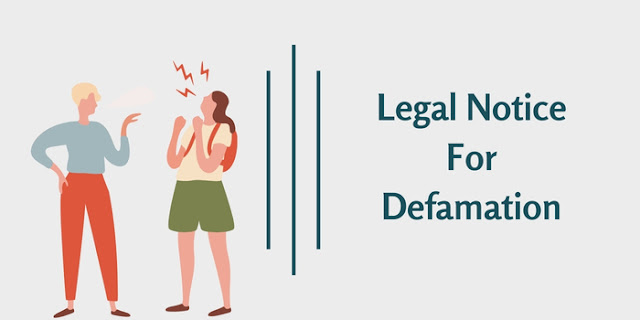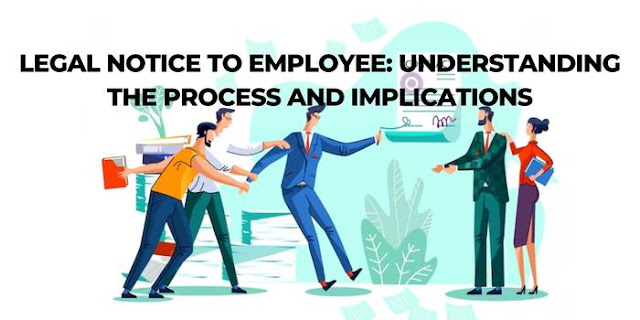Legal Notice For Defamation
In today's interconnected world, where information spreads rapidly through various online platforms, safeguarding one's reputation has become more critical than ever. Defamatory statements made against an individual or a business can inflict irreparable damage, impacting personal and professional lives alike. In such cases, issuing a legal notice for defamation can be a strategic step towards protecting one's reputation and seeking recourse under the law.
What is Defamation?
Defamation refers to the act of making false statements that harm the reputation of an individual or an entity. It can take two forms:
Libel: Written or published statements, including social media posts, articles, or blogs, that are false and damaging.
Slander: Spoken statements or gestures that are false and injurious to the reputation of the person or entity.
Understanding Legal Notices
A legal notice serves as a formal communication to the party responsible for the defamatory statements, notifying them of the harm caused and demanding corrective action. Here are key components of a legal notice for defamation:
Identification of the Parties: The legal notice should clearly identify the sender (the aggrieved party) and the recipient (the individual or entity accused of defamation).
Statement of Facts: It should outline the specific defamatory statements made, including where and when they were published or communicated.
Demand for Retraction or Apology: The notice typically demands the retraction of the defamatory statements and an apology from the accused party.
Cease and Desist: The notice may also demand that the accused party refrain from making further defamatory statements and cease any ongoing defamation.
Legal Recourse: It should convey the intention to pursue legal action if the demands are not met within a specified timeframe.
Importance of Legal Notices
Issuing a legal notice serves multiple purposes:
Preservation of Evidence: It establishes a formal record of the defamatory statements, which can be crucial evidence in any subsequent legal proceedings.
Chance for Resolution: It provides the accused party with an opportunity to rectify the situation by retracting the statements and issuing an apology, thus avoiding escalation to litigation.
Legal Requirement: In many jurisdictions, issuing a legal notice is a prerequisite before filing a defamation lawsuit. Failure to do so may weaken the aggrieved party's case in court.
Deterrent Effect: The prospect of facing legal consequences often prompts the accused party to take the matter seriously and refrain from further defamation.
Seeking Legal Counsel
While drafting and issuing a legal notice, it is advisable to seek the guidance of a qualified legal professional with expertise in defamation law. An experienced attorney can ensure that the notice complies with legal requirements, maximizes the chances of a favorable outcome, and protects the interests of the aggrieved party.
Conclusion
In an age where reputation can be tarnished with a few keystrokes, taking swift and decisive action against defamation is essential. A well-crafted legal notice sends a clear message that defamatory statements will not be tolerated and demonstrates a commitment to upholding one's reputation. By understanding the intricacies of defamation law and engaging legal counsel when necessary, individuals and businesses can effectively navigate these challenges and safeguard their good name. Remember, protecting your reputation is not just a matter of principle; it's a fundamental right in today's digital landscape.

.jpg)

